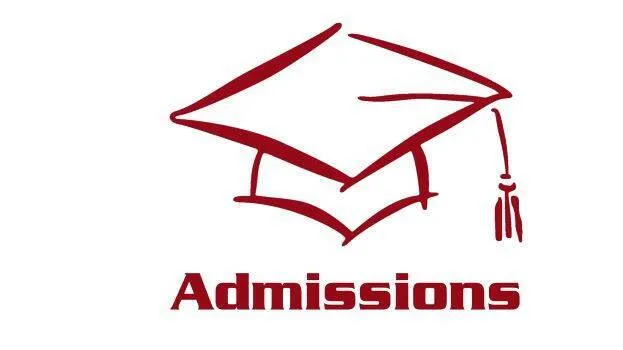

Following the pattern of foreign universities, the UGC has allowed higher education institutions and universities to admit students twice a year from now on, a move that will benefit many students. UGC Chairman M Jagadeshkumar informed that apart from the admissions in the months of July and August which were currently given, the students will get the opportunity in the months of January and February from now on. Admission can be given in the months of January-February from the academic year 2024-25. A new batch of a course or a new course can be prepared for this. However, infrastructure to accommodate more students needs to be created.
Each university can decide independently in this regard. Implementation is not mandatory. It was started last year for distance education. Admission to online distance education courses was allowed twice in January and July. In July 2022, 19.73 lakh students enrolled in distance education courses. Later, when the admission was conducted in January, 4.28 lakh students availed that opportunity and got admission. Enrollment in higher education is already low in Kerala. If this is implemented by the universities in Kerala, it will help to increase the number of students joining higher education after Plus Two. Similarly, if those who fail in one subject etc. for Plus Two clear the SAY/Improvement exam, they can also pursue higher education without losing a year.
In foreign universities, every year there are two academic admissions i.e. winter and summer. Kerala is one of the states where the maximum number of students from India go abroad to study. At least a small percentage of the students who go abroad may show interest in studying here if the foreign model of admission and study is implemented here as well. Financial obligations may arise due to the need to change infrastructure to implement double admission. So it is not possible to say how many universities will be ready for this here. If this is implemented, those who have obtained admission in other states but had to stop their studies under special circumstances will be able to come and study in Kerala without losing a year.
UGC should also consider providing special financial assistance to universities and higher education institutions that are willing to conduct two admissions in a year in this way. In any case, a decision in this regard should be taken in consultation with the higher education minister of Kerala and the academic experts. If this decision is considered good for the future of students in Kerala, this reform should be implemented here too at any cost. It is a fact that many states which were far behind are now far ahead of Kerala in the field of higher education. It is also necessary to conduct an objective study of why this happened.